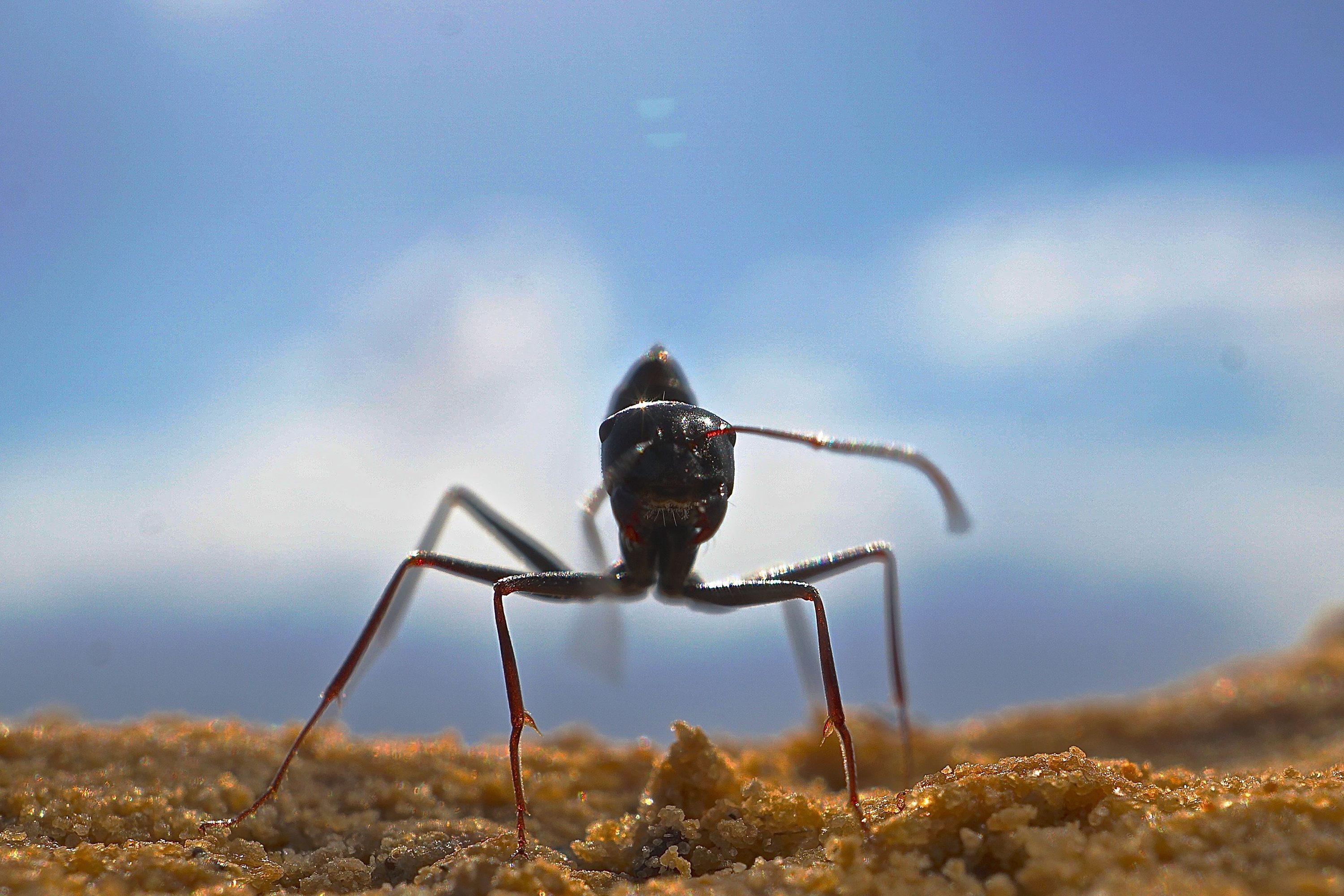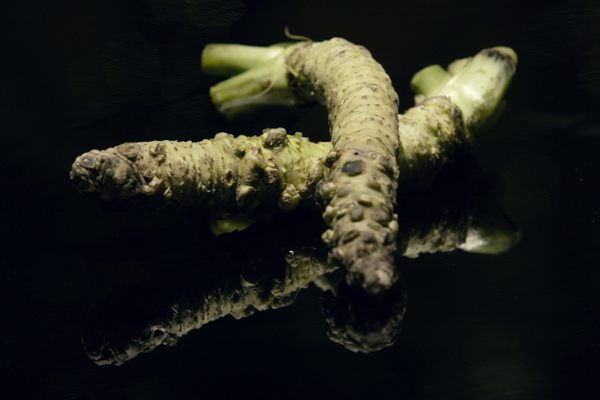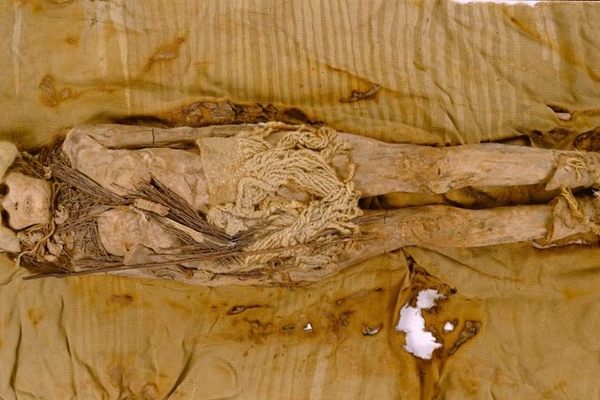Desert Ants Can Remember Food Smells Like Gourmet Chefs
But they quickly forget the smells of their own nests.

For many people, smell of food and smell of home are one and the same. Not so for desert ants, which, according to new research, are far more likely to hold on to olfactory memories of a meal than a nest.
Scientists from Germany’s Max Planck Institute for Chemical Ecology have been studying how Cataglyphis fortis—desert ants that live in saltpans of North Africa—navigate home to their respective nests. It’s been documented that they, amazingly, can use polarized light and footstep-counts to get close to their nests, but then they must rely on smell to get them back to these tiny holes in the ground. The ants use smell to find food, too, and the researchers observed that their food-memory was particularly strong. This led to the question of whether the two categories of memory—though both are related to smell—might be managed by distinct processes in the brain.
So the team devised an experiment, in a saltpan close to the Tunisian village of Menzel Chaker that hosts some 900 nests. Using crumbs of locally made biscuits and tiny tubes containing a variety of food scents, they tested just what these ants remember. The results, discussed in a new paper in the Proceedings of the National Academy of Sciences, were stark. After a single encounter with food, the ants could remember its scent, retain that memory for their entire lives, and distinguish among 14 different food odors. They had a harder time with the nest odor, requiring between five and 10 encounters with the scent before it was able to guide them home. What’s more, the ants showed no sign of remembering that nest odor following an interval between the smell being removed and then reintroduced.

In a release, coauthor Markus Knaden explains the logic behind this cognitive gap. Because ants encounter such a wide variety of foods while foraging and can rely on little but smell to locate those foods, they have a critical incentive to sharpen their ability to sniff out the good stuff and squirrel that memory away. When trying to find its nest, however, all an ant needs to retain is the smell of home from the moment it left, and that smell is unlikely to change much during the tenant’s short life.
The scientists hope to move their experiments out of the ants’ natural habitat and into the lab, where cell imaging techniques can show what’s actually going on in those teeny, tiny brains.




























Follow us on Twitter to get the latest on the world's hidden wonders.
Like us on Facebook to get the latest on the world's hidden wonders.
Follow us on Twitter Like us on Facebook